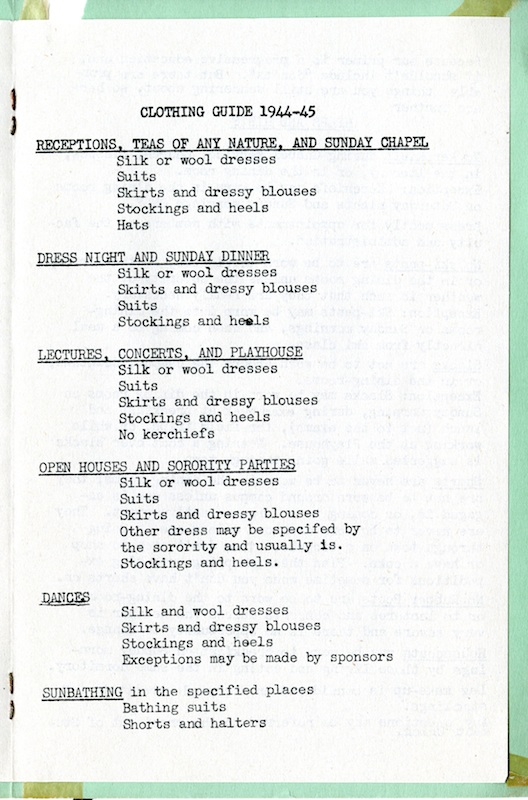For several years the Carnegie Foundation for the Advancement of Teaching has helped frame and articulate “best practices” in higher education/community collaboration and learning. In 2006 the Foundation offered the first elective “Community Engagement” classification. That year, Middlebury’s (then) Alliance for Civic Engagement (ACE) applied for and received recognition in the inaugural round on behalf of the College. This past year, in addition to new applications, colleges and universities that were recognized in either 2006 or 2008 needed to reapply in order to be approved for reclassification. On January 7, 2015 the Carnegie Foundation, in collaboration with the New England Research Center for higher Education (NERCHE), awarded Middlebury College and others distinction through the 2015 Carnegie Community Engagement Classification.
This designation recognizes excellent work by faculty, staff, and students from multiple areas across campus (e.g., academic departments in the Arts, Humanities, Languages, Natural Sciences, Social Sciences, and other interdisciplinary programs; collaboration with Monterey and Schools Abroad; and offices/programs such as Community Engagement, Privilege & Poverty, the Center for Social Entrepreneurship, MiddCORE, Programs on Creativity and Innovation in the Liberal Arts, FoodWorks, Athletics, the Center for Careers & Internships, the Scott Center, CTLR, Orientation, JusTalks, the Commons, and more)—along with dozens of collaborating community partners. Examples of community-connected teaching, learning, and research initiatives; faculty-advised and student-led projects; volunteer efforts; internships; off-campus federal work study commitments; grant opportunities; alternative break trips; and more—demonstrated our alignment with institutional mission and priorities, overall, and the College’s continued commitment to work with and strengthen communities through partnerships, near and far.
From the Carnegie Foundation:
“Your application documented excellent alignment among campus mission, culture, leadership, resources, and practices that support dynamic and noteworthy community engagement, and it responded to the classification framework with both descriptions and examples of exemplary institutionalized practices of community engagement. The application also documented evidence of community engagement in a coherent and compelling response to the framework’s inquiry.
“Your campus is one of 361 institutions that now hold the Community Engagement Classification. It is heartening to see this level of commitment and activity. Clearly, higher education is making significant strides in finding ways to engage with and contribute to important community agendas. There is much to celebrate.”
“The importance of this elective classification is borne out by the response of so many campuses that have demonstrated their deep engagement with local, regional, national, and global communities,” said John Saltmarsh, Director of the New England Resource Center for Higher Education. “These are campuses that are improving teaching and learning, producing research that makes a difference in communities, and revitalizing their civic and academic missions.”
“This is the first time that there has been a re-classification process,” noted Amy Driscoll, Consulting Scholar for the Community Engagement Classification, “and we are seeing renewed institutional commitment, advanced curricular and assessment practices, and deeper community partnerships, all sustained through changes in campus leadership, and within the context of a devastating economic recession.”
Middlebury is one of 157 colleges and universities in the country to receive re-classification. This reclassification is valid until 2025.
“We applaud the Carnegie Foundation for recognizing the importance of setting high standards for valuable campus/community collaboration and articulating benchmarks to help guide those of us striving to pursue excellence in our work, while also drawing national attention and recognition,” comments Tiffany Nourse Sargent ’79, Director, Middlebury College Community Engagement. “One of the exciting points to underscore from this extensive self-study is the celebration that community engagement initiatives now generate from multiple points across campus, involving many more academic and co-curricular entities than was the case in 2006. While we in the Community Engagement office continue to serve as the ‘hub’ for campus community engagement initiatives, it is wonderful to see more and more positive connections campus-wide. To all who have contributed, thank you for your time, expertise, dedication, and good will as we work together to provide valuable and impactful learning experiences for our students and nurture strong and healthy communities.”










